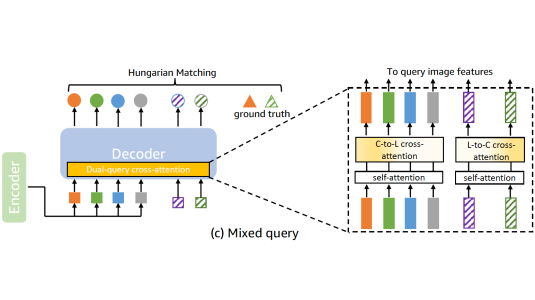Amazon.com strives to be Earth's most customer-centric company where customers can shop in our stores to find and discover anything they want to buy. We hire the world's brightest minds, offering them a fast paced, technologically sophisticated and friendly work environment. Economists at Amazon partner closely with senior management, business stakeholders, scientist and engineers, and economist leadership to solve key business problems ranging from Amazon Web Services, Kindle, Prime, inventory planning, international retail, third party merchants, search, pricing, labor and employment planning, effective benefits (health, retirement, etc.) and beyond. Amazon Economists build econometric models using our world class data systems and apply approaches from a variety of skillsets – applied macro/time series, applied micro, econometric theory, empirical IO, empirical health, labor, public economics and related fields are all highly valued skillsets at Amazon. You will work in a fast moving environment to solve business problems as a member of either a cross-functional team embedded within a business unit or a central science and economics organization. You will be expected to develop techniques that apply econometrics to large data sets, address quantitative problems, and contribute to the design of automated systems around the company. About the team The International Seller Services (ISS) Economics team is a dynamic group at the forefront of shaping Amazon's global seller ecosystem. As part of ISS, we drive innovation and growth through sophisticated economic analysis and data-driven insights. Our mission is critical: we're transforming how Amazon empowers millions of international sellers to succeed in the digital marketplace. Our team stands at the intersection of innovative technology and practical business solutions. We're leading Amazon's transformation in seller services through work with Large Language Models (LLMs) and generative AI, while tackling fundamental questions about seller growth, marketplace dynamics, and operational efficiency. What sets us apart is our unique blend of rigorous economic methodology and practical business impact. We're not just analyzing data – we're building the frameworks and measurement systems that will define the future of Amazon's seller services. Whether we're optimizing the seller journey, evaluating new technologies, or designing innovative service models, our team transforms complex economic challenges into actionable insights that drive real-world results. Join us in shaping how millions of businesses worldwide succeed on Amazon's marketplace, while working on problems that combine economic theory, advanced analytics, and innovative technology.




